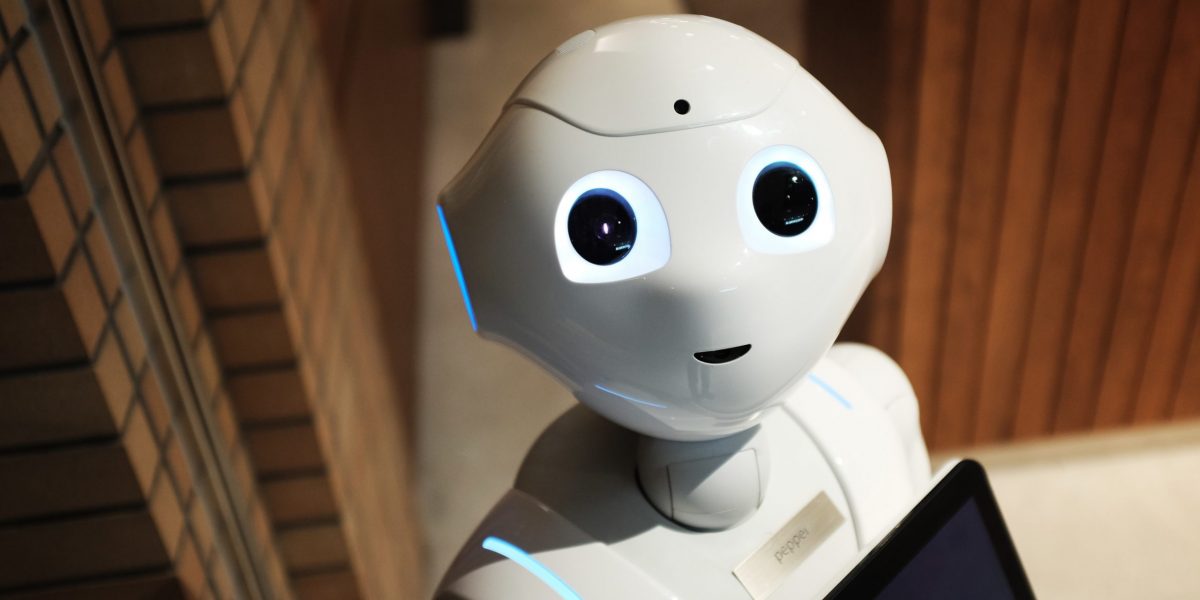The advance of machine learning and artificial intelligence in the last few years sent shock waves through most industries worldwide, changing the face of many professions as we know them. In some industries, like manufacturing and retail, it has reduced the number of jobs, whereas in other areas, like energy, it has created more high-value jobs.
While its growth is undeniable, there is still some concern about the impact it will likely have on highly regulated industries like the law. One thing that’s certain is that technology has dramatically changed the legal landscape in recent years and the integration of machine learning and AI is only set to catapult it further into a new era.
But what impact will it have on job roles? And how likely is it that robots will replace lawyers in the future?
Impact of technology on legal firms
Legal firms are already utilizing and benefiting from the impact of customized technologies that make the processes of law firms more efficient. These include technologies that help law firms win cases through the use of specialized research tools, reduce the costs of transactional law through machine-driven analytics and templating, as well as significantly improve matter management, e-discovery, and billing processes.
Technology has transformed the drafting of documents, such as opinions and motions, with functionality that recommends the addition or removal of citations depending on where an item is being filed. This allows lawyers to do much more detailed searches, significantly improving accuracy through the use of contextual searching. These types of tools make the drafting process much more efficient.
Artificial intelligence tools have further enhanced this efficiency in law firms through innovative tools that make jobs easier and less time-consuming. With these advancements, legal firms are thriving with more streamlined processes, greater efficiency, and enhanced accuracy.
But AI is not replacing lawyers, it is instead helping to redefine their role in a positive way by allowing them to spend time on the most important aspects of their jobs.
AI is not replacing lawyers, it is instead helping to redefine their role in a positive way by allowing them to spend time on the most important aspects of their jobs.
Technology and legislative council staff
The world of drafting legislation and regulation has also seen the introduction of technology having significant impacts on the roles of those involved. The expectation from legislative members, staff, special interest groups, and the public are driven by other information access in other aspects of their life.
Legislatures do not tend to be at the bleeding edge of technology. By nature, they are risk averse and rightly so. As the custodians of our laws, they have to ensure that any innovation is carefully thought through.
The systems of checks and balances are there for good reason and if they are to be changed, the impact of that change has to be assessed. AI technologies have not yet been introduced because there is not a natural fit for them. In time, this may change in support of more advanced research tools.
Why is AI advancing at a different rate for law firms compared with the legislative council?
The practice of a private law firm and the legislative council division in a legislature are very different. In the practice of law, you’re building on the foundations of the laws (and case law), while in a legislative council office, you’re building the foundations themselves.
When you think of building a house, how long is spent on just getting the foundation ready? Once the foundations are built, progress happens much more quickly. The work that goes into building the foundations (laws) is considerable and needs to be considered for the long-term impact.
If mistakes are made when building the foundations, they are much more costly to fix than if a mistake is made in the walls! As technology continues to evolve, we may very well see the development of more tools that can tackle some of the challenges that arise when building the law itself.
The human interaction behind drafting legislation cannot be replaced.
Will a robot take your job?
Technology will continue to increase the number of tools available to us to better support the process of drafting legislation. This will be done through better research tools and drafting aides. However, the human interaction behind drafting legislation cannot be replaced.
Drafting legislation requires the ability to understand current legislation, constitutionality, and case law as well as the policy that a politician wants to draft. This cannot be reduced to a mathematical equation that can give the right answer.
It is not purely based on logic, but on political policies that may be for the greater, or lesser, good. The interaction between a drafting attorney and the requestor of a piece of legislation is more art than science and is also a negotiation that cannot be replaced by even the most well-intentioned computer.
For now, the biggest impact that technology is having is changing not just how people are doing their jobs, but changing what they are actually doing. We have seen firsthand how tools such as automatic compare tools, citation analysis tools, and clause templating can help improve the drafting process as well as how publishing of amendments-in-context views of amendments can better support members’ decisions.
This is the area that we are pursuing in our product development at Propylon to help the attorneys of today and tomorrow achieve their goals. So, robot drafters are not something we need to fear happening any time soon, but what we can enjoy is continued advances in technology that help enhance the role of the drafter while alleviating some of the challenges and more cumbersome tasks.

